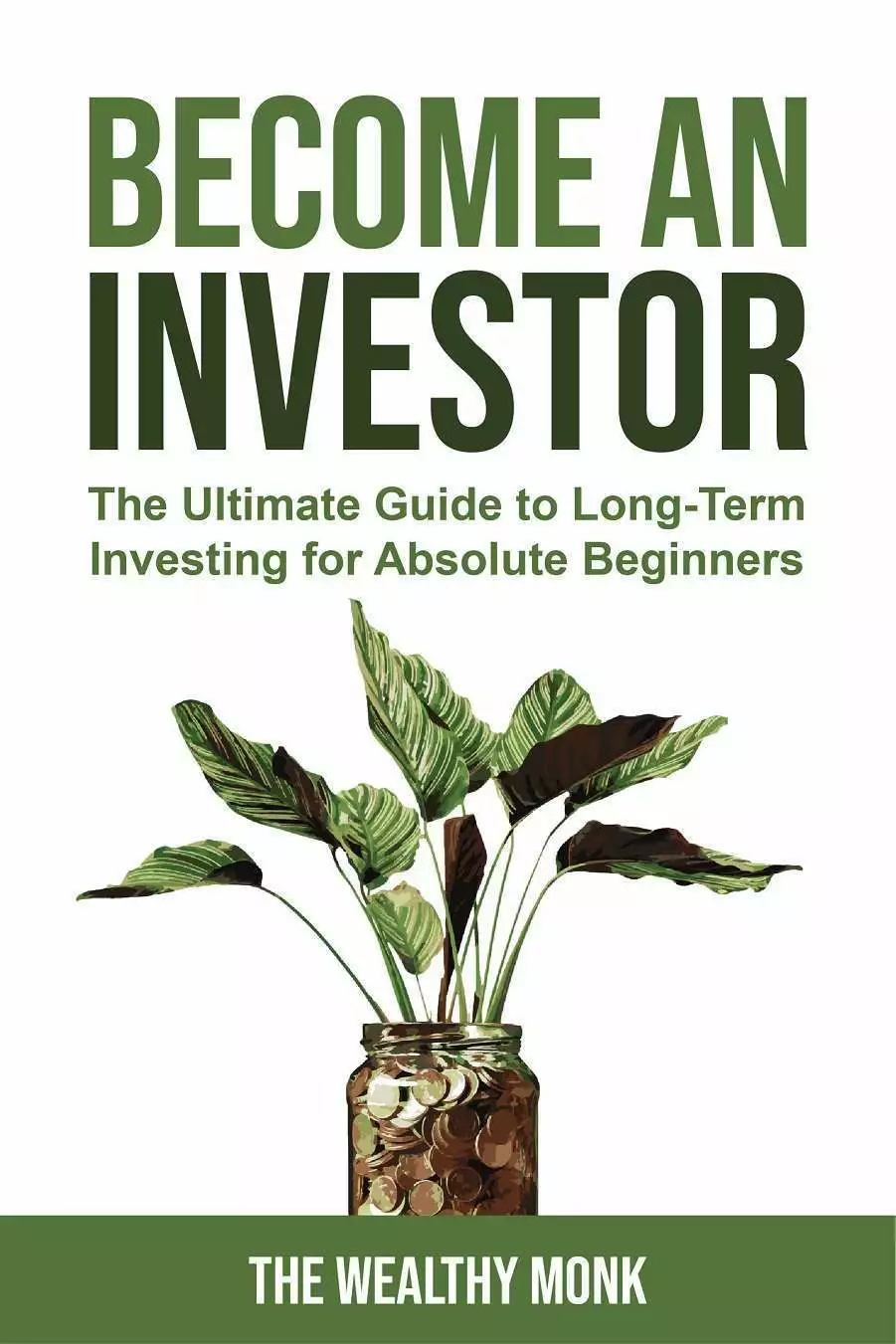
4 Awesome Things About Having a Job
Well, that’s a title you never expected to see in a FIRE blog.
Disclaimer: all entries are under the assumption that the employee is qualified and in need of money (in other words: can do the job and is not financially independent).
1. You’re just a number
What a beautiful thing this is. Okay, it’s counter-intuitive, as many things on this blog, but real.
Let’s think about it for a second. Let’s say you’re more of an individualistic type and find the corporate environment suffocating. But given the assumption that you still need to work for money, which most probably is the case, what is the alternative?
For example, let’s say you’re an enthusiastic software engineer working in a marketing company. Although you’re not really interested in the field of work, you’re really interested in the technology, the job pays well, so you do it. However, you have entrepreneurial aspirations, so you dislike the corporate environment and the fact that you’re just a replaceable asset.
So, what would you do? This: use the knowledge gained from your career to create a SaaS product and drown into fields that you’ll dislike way more than writing code for money.
Was that what you were after?
You went in it because you wanted to create a scalable, clean, cutting-edge product, but ended up doing marketing, sales, and customer support instead. Maybe you can outsource all the redundancies, but you’re the one who is responsible for the planning, delegation, hiring, firing, and ultimately, success of the product. You can also hire a manager to help you out and a developer or two to take care of the upcoming functionality that you don’t have enough time to finish on your own, and all of a sudden… You’re a CEO of a company that provides marketing services and helps businesses grow by lead generation and automated sales funnels. Now you need finance and HR departments as well… And recruiters for both, because you have no idea where to even find these people…
Congratulations, you’re a business owner in a field you had no interest in to begin with. But this time you can’t just change jobs. This time it’s more than just a job.
And to be perfectly clear, I was explaining the happy scenario, where the business is somewhat successful. Without the right mindset (a CEO focused only on the tech) it’s almost a guarantee that it will fail.
Let me suggest an alternative. Continue earning your salary as you do. Don’t associate yourself with the field if it hasn’t clicked with you. Don’t put your company name as a middle name. Be a number while working for someone else and build a product you’re passionate about when working for yourself. But that’s the next point.
2. Means to invest in your dream
Closely related to point number one, but with a more positive sentiment around it.
Basically, having a job is a nice and surefire way to get paid and use the funds in any way you want to. If you’re living paycheck to paycheck, you should consider saving money. If you’re struggling maintaining a certain level of disposable income because your skills are not really in demand, you should read more on negotiating a higher salary and having no other choice.
What I’m trying to convey is that even if you’d love to be involved in a certain field, you may find yourself struggling to make ends meet and being under constant pressure because of the uncertainty in your life. Will you be able to get a mortgage if you’re working as a contractor? Will you be able to meet your financial obligations next year? When will be the right time to have kids? Et cetera.
Don’t “follow your dream” regardless of the circumstances. If you run too fast you may find that you’re doing it in the wrong direction, but maybe it’ll be already too late.
To put some specifics into it, let’s say you love cooking, you’re really good at it, and you want to be recognized as such. You were lucky enough to land a job doing the exact thing you love, so you immerse yourself to it. Few years in, and few jobs later, you realize that this is not a sustainable model (due to instability and low demand), but even more importantly, you realize that while running so fast to follow your dream, you were just a replaceable asset building other people’s dreams. Not cool.
The alternative is as follows. Never forget your passion. But don’t jump on the first opportunity that’s remotely related to it, especially if it’s a field that’s not in demand. Everyone is replaceable and nobody will become a superstar on another man’s payroll. Get a job that pays well, provide value, and use the excess to fund your dreams.
So, as point one suggests, be a number in another man’s business, and a point two suggests, use the money to invest in yourself.
3. Risk free return
Most posts on this blog are related to investing, personal finance, and reaching financial independence. I even published Become an Investor: The Ultimate Guide to Long-Term Investing for Absolute Beginners. Highly recommended if you want to get started.
Anyway, there is no investment anywhere with the same yield as a job (infinite).
Of course, you may be sacrificing the scarcest of the resources, your time, but financially, you get an infinite return on your 0$ investment. So you can focus on better performance, giving more value, and increasing your salary while having no worries about not getting paid or your net-worth taking a serious hit because of an unexpected event.
Don’t get me wrong, you can get fired, but under the assumption that you’re qualified in the field you work in, even a job loss is not a threat. Keeping your skills up to date is the hardest task you’ll ever have. Unless you still don’t have an emergency fund – then you’ll have to be a bit more obedient careful.
Nevertheless, there is a certain peace of mind that comes with knowing the exact number you’ll get at the end of each month – and that’s the risk free return of having a job.
4. No real obligations
No real obligations doesn’t mean being lazy and putting in minimal effort. I don’t even believe in that (although it seems it’s enough most of the time). Anyway, if you ever tried freelancing, you realized that doing the actual work may be the easiest part. Let’s say you’re a designer. When the time comes to find new clients, manage resources, do customer support, filing taxes, signing new contracts, negotiating, doing reviews, dealing with people you haven’t established a normal communication protocol with, and even getting paid, you may feel overwhelmed by the pressure of handling everything yourself. These are the real obligations.
Having a job protects you from most of them. You’re actually paid to do your job and let other people take care of the rest. Yes, you have to chase people, you have to take ownership… I know it’s in the back of your mind, I know that duty calls, etc. The reality, though, is that thinking about the problems won’t make a department that you have no connection with do their job more efficiently.
And at the end of the month, you enjoy the one directional cash-flow, because you’re not responsible for paying salaries, review financial statements, getting clients, or optimizing taxes. Of course, maybe paying salaries is your job, but you get the point – you’re not doing everything. And that’s exactly what I mean by real obligations.
Bonus item
Getting relevant experience to scale your career with while being paid for it.
So, what do you do for living?














Comments: 2
I definitely chose the work for others route. I have friends with their own successful businesses but they are very much married to the business in a way I did not quite want to be. But the key is to select a job that you can become world class at. That will insure you always have your pick of jobs and are overpaid. Plus mastery creates passion, so I was able to become a player in my field and enjoy work at the same time. And when I had more money than I’d ever need and finally was getting a little bored with what I was doing I was able to walk away and reinvent myself. I wouldn’t change anything, working for others can be fun.
That’s it.
And adopting good financial habits can make it much more flexible. One can’t just walk away when salaries or any liabilities for that matter are due.
There is certainly an entrepreneurship cult emerging, but for many owning a business will just create a new (inferior) job. Side income should be approached cautiously and strategically. Not for the sake of “working for yourself” (which nobody actually does).